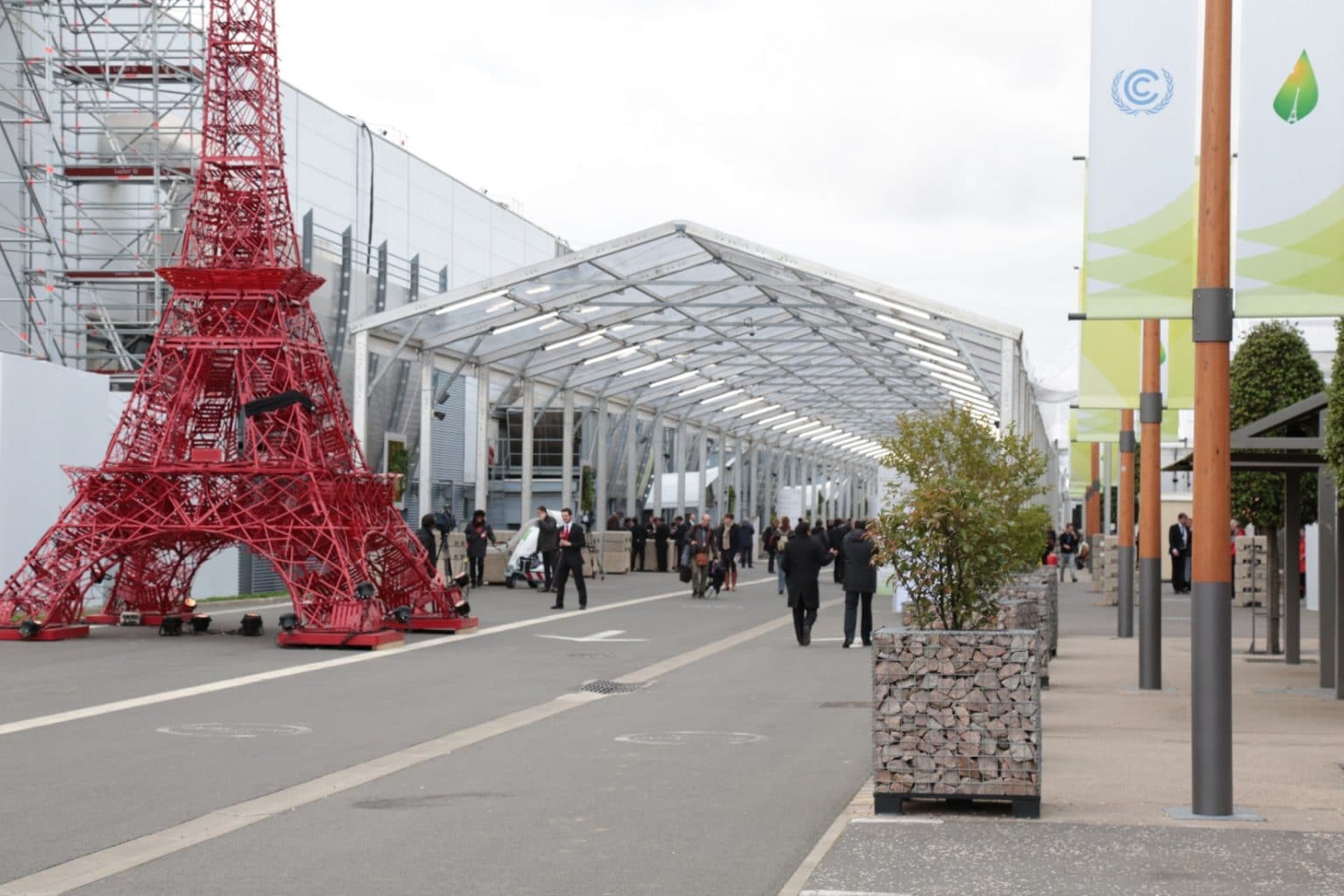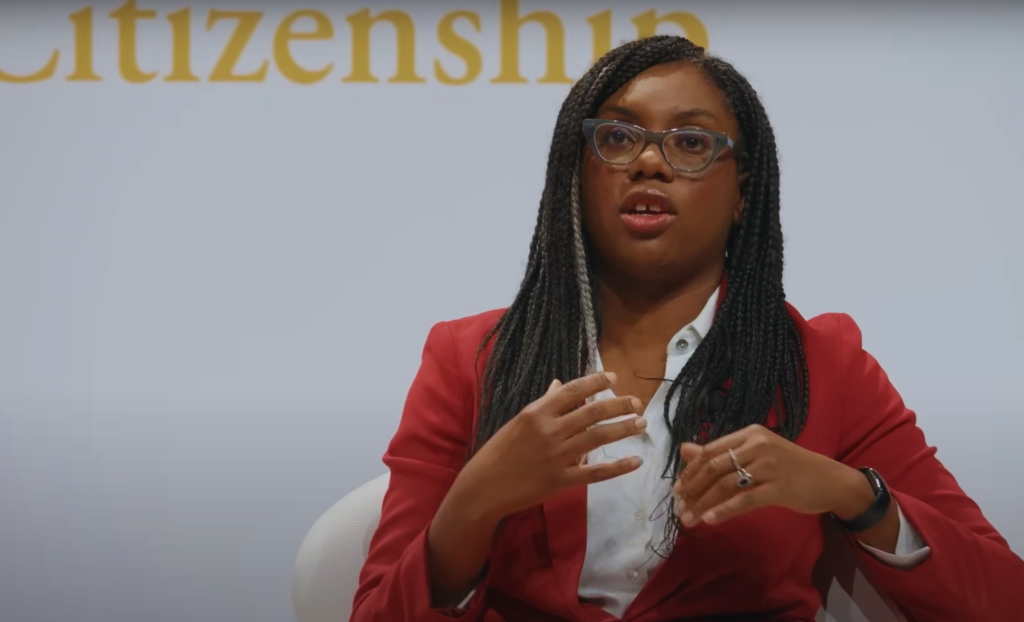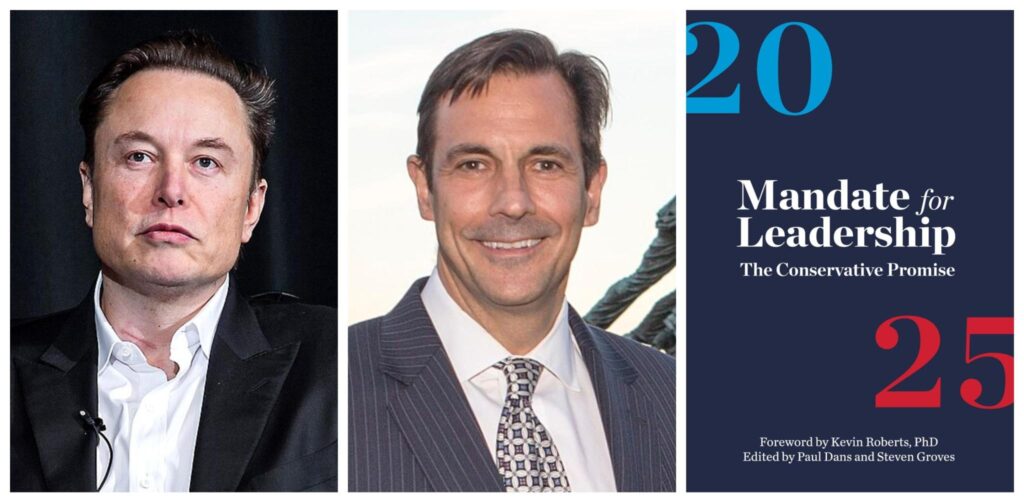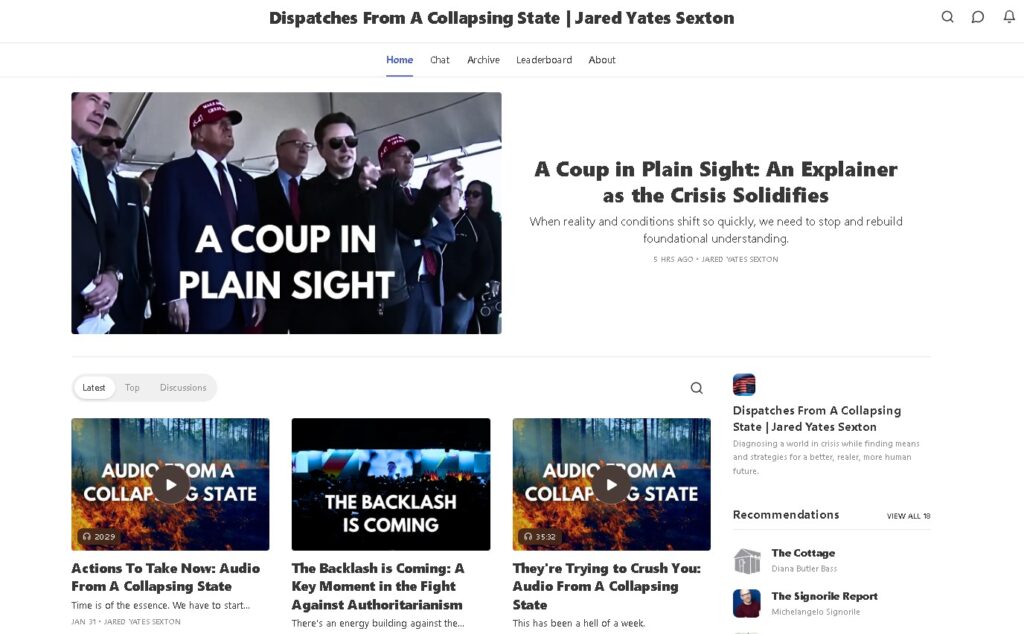BY KYLA MANDEL AND BRENDAN MONTAGUE IN PARIS
Amber Rudd has joined a “high ambition coalition” along with the European Union during tense negotiations at the UNFCCC Paris climate change negotiations, which passed an important landmark this afternoon.
A new draft of the international agreement was released by the French government just after 3pm and environment and civil society groups observing the discussions were releaved to note that a 1.5 degree target for global temperature increase by the end of the century remained in the document.
Rudd, the UK energy and climate change secretary, is one of the ministers responsible for leading the EU on negotiating a long-term, ambitious goal – an issue which was raised only yesterday during meetings.
The ‘coalition for ambition’ includes 79 African, Caribbean and Pacific countries along with the United States and all EU member states. It represents a majority block as ministers close into the final days of negotiations.
Together, these countries are seeking what they describe as a more “ambitious” deal in Paris. Among the four main objectives is setting out a clear and operational long-term goal in line with the science with five year review mechanisms – a key priority emphasised throughout the summit by industrialised nations including the UK.
The other points the coalition wants covered in the Paris deal include a legally binding, inclusive, fair, durable text and a transparency and accountability system to track progress on national climate targets.
Latest Draft
According to experts analysing the latest draft of the Paris text issued Wednesday afternoon, almost all elements needed for an ambitious deal are “still in play”.
Monica Araya, the founder and executive director of Nivela, a citizens campaign group in Costa Rica, said: “1.5 is alive and kicking.
“That is good news because that was not the situation many months ago – we did not know if it would land in the document. It tells us that something is shifting in this process.
“Vulnerable countries have banded together and came along with a narrative of ‘yes we can’ and ‘we want to lead by example’. There is a trajectory that can get us to a better place.”
She went on to say there was “a new music for this process.”
Liz Gallagher, climate diplomacy programme leader at E3G, said: “The core ingredients are still on the table, everything is still in play but it’s just about trying to strengthen up the language.”
“This is a negotiation, it’s still not over,” she added.
However, Ruth Davis, Greenpeace UK political director, warned there is still a sense of jeopardy with less than 72 hours of negotiations left. She said: “If we lose the possibility of the 1.5 degree option [for example] … we lose the long term goal and the ambitious aspects of that.”
“We’re now at the critical point of the negotiations,” said Alden Meyer, director of policy and strategy for the Union of Concerned Scientists. “Over the next day or two, ministers need to rise above their differences to create a final agreement that rapidly transitions the world to a clean energy economy and allows us to avoid the worst impacts of climate change.”
May Boeve, executive director of 350.org added: “If countries are serious about keeping warming below 1.5C, we need to see a firm commitment to get off fossil fuels and move to 100 per cent renewable energy by 2050, and an ambition mechanism to help us get there. Politicians need to start living up to the title of ‘leader’ in the next 48 hours.”
And while some such as Gallagher argue there isn’t necessarily just one ambitious group of countries, it’s clear this high ambition coalition is a big one.
Ambition Split
Over the past few days many were commenting on the specific split emerging between countries seeking an ambitious climate deal and those who are not. Notable amongst those not part of the ‘coalition of ambition’ is India, China and Saudi Arabia.
This ‘high ambition’ split appears to have been first formed months ago on the sidelines of a July climate meeting in Paris according to the Guardian.
Then, last Sunday night the ministers attended a dinner at a central Paris restaurant where they converged on issues they could all find common ground on.
Rudd arrived in Paris on Sunday evening – she is now going full force working alongside 95 other UK delegates. Her role is a busy one of “shuttle diplomacy” where she will engage in many, many meetings establishing what each country wants, is offering, and where they are prepared to compromise.
The UK minister has been meeting with French COP president Laurent Fabius to find a “landing ground” between the competing needs of 192 nations.
Photo: UNFCCC via Flickr
Subscribe to our newsletter
Stay up to date with DeSmog news and alerts







